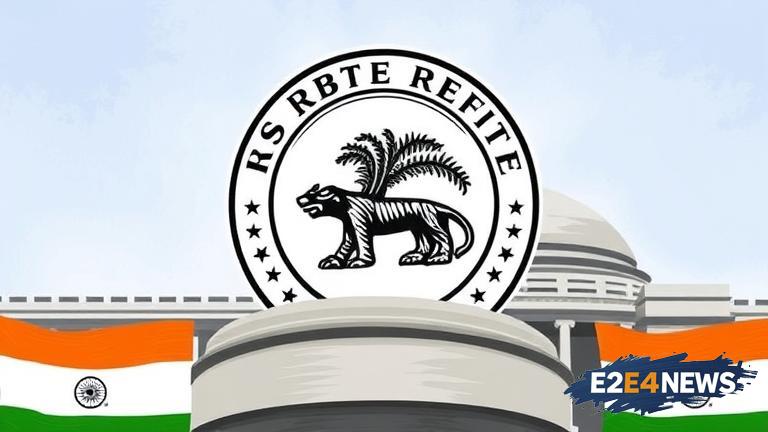The Reserve Bank of India (RBI) has announced that it will auction government securities worth Rs 32,000 crore on August 29. This move is part of the RBI’s efforts to manage the country’s liquidity and meet the government’s borrowing requirements. The auction will include a range of government securities with different maturities, including treasury bills and government bonds. The RBI has stated that the auction will be conducted using the multiple price auction method, where successful bidders will be allocated securities at the prices they bid. The securities being auctioned include the 5.63% Government Stock, 2026, the 6.64% Government Stock, 2035, and the 6.67% Government Stock, 2050. The auction will be held on August 29, and the results will be announced on the same day. The RBI has also stated that it will accept bids from a range of participants, including banks, insurance companies, and pension funds. The auction is expected to attract strong demand from investors, given the attractive yields on offer. The RBI’s decision to auction government securities is part of its efforts to manage the country’s liquidity and keep interest rates stable. The government has a significant borrowing requirement for the current fiscal year, and the RBI is playing a crucial role in helping to meet this requirement. The auction of government securities is also expected to help to reduce the government’s reliance on short-term borrowing, which can be more expensive and volatile. The RBI has been actively managing the country’s liquidity in recent months, using a range of tools including open market operations and reverse repos. The central bank has also been working to promote the development of the government securities market, which is an important part of the country’s financial system. The government securities market provides a platform for the government to borrow money from investors, and it also provides a benchmark for interest rates in the economy. The RBI’s efforts to develop the government securities market have included the introduction of new products and instruments, such as inflation-indexed bonds and treasury bills. The central bank has also been working to improve the infrastructure and systems used to trade and settle government securities. The auction of government securities on August 29 is an important event for the Indian economy, and it is expected to be closely watched by investors and analysts. The outcome of the auction will provide important insights into the state of the economy and the direction of interest rates. The RBI’s decision to auction government securities is also expected to have an impact on the country’s bond market, where yields have been rising in recent months. The auction is expected to help to reduce yields and make borrowing cheaper for the government and other borrowers. Overall, the auction of government securities on August 29 is an important event for the Indian economy, and it is expected to have a significant impact on the country’s financial markets.
